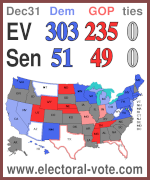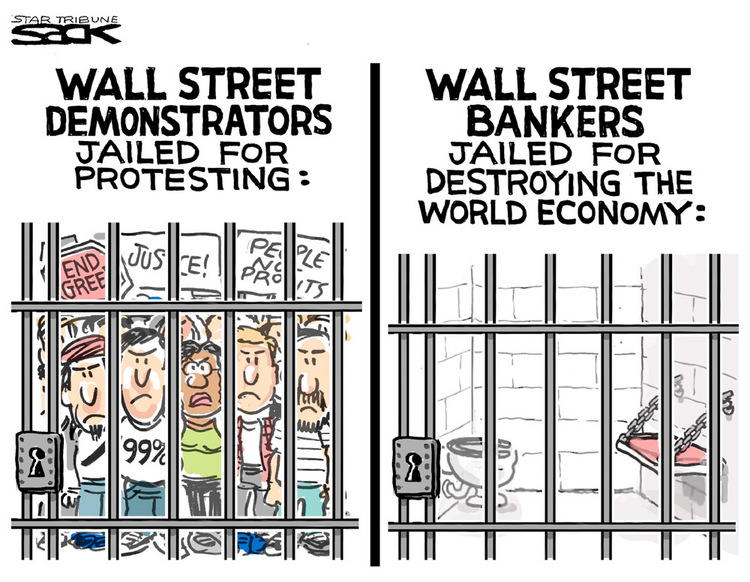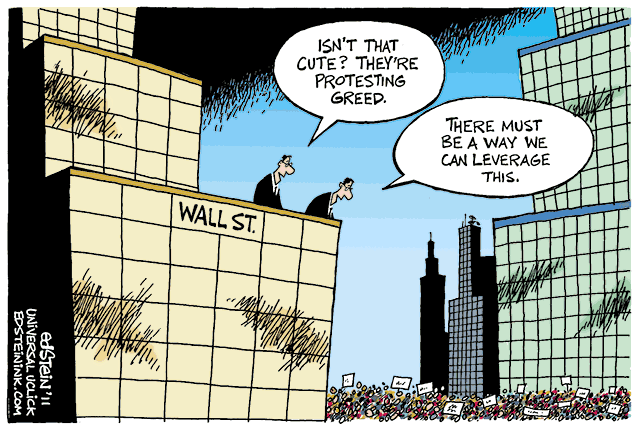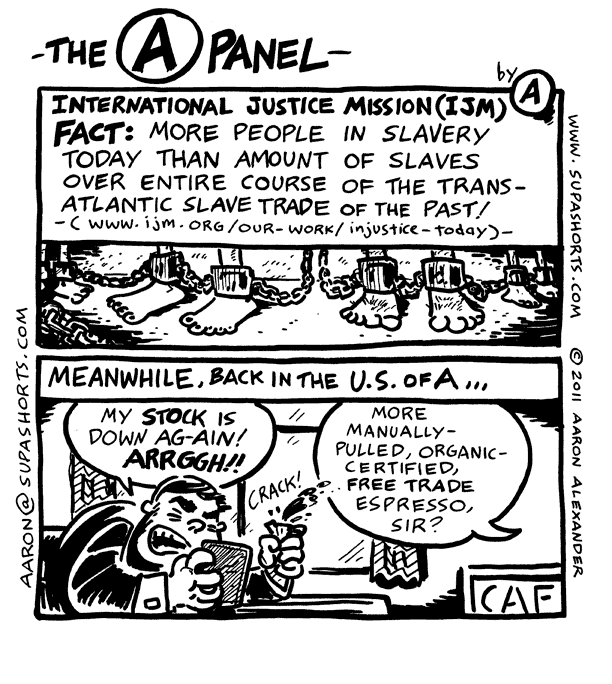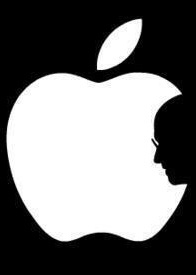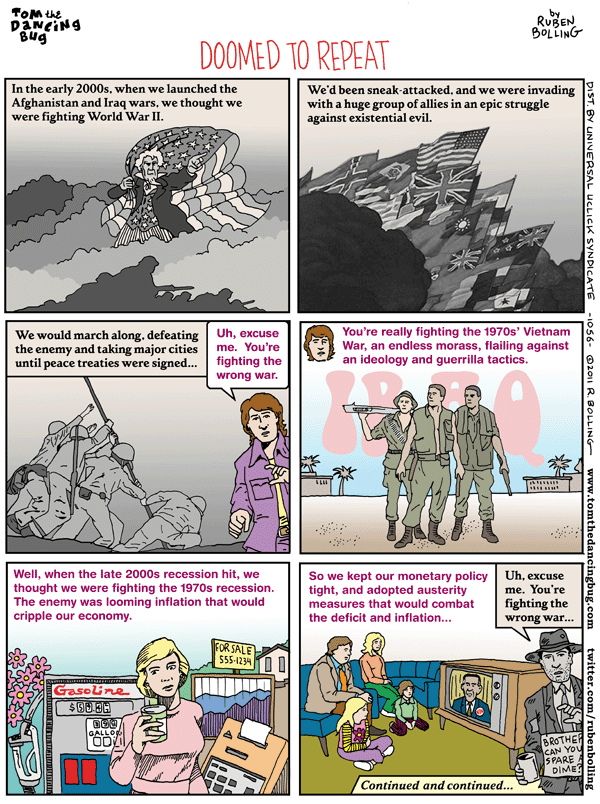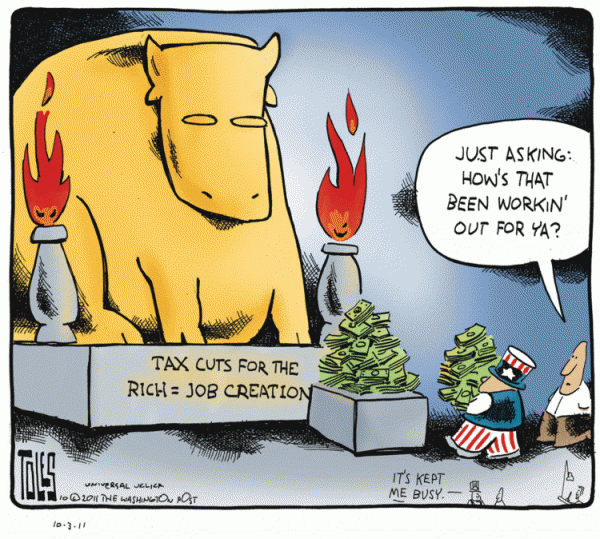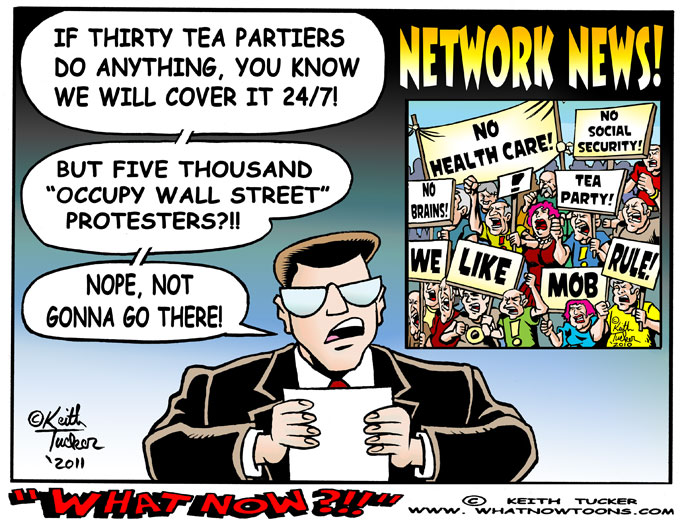“Rick Perry is pretty serious about running for President. Today he freed all of the slaves on his ranch. Did you hear about that?” – Jay Leno
“Not looking good for Perry. In fact, earlier today, Herman Cain said that he would rather go hunting with Dick Cheney than Rick Perry.” – Jay Leno
“Herman Cain said that as president, he will bring Republicans and Democrats together. He was the guy that brought pineapple and ham together on a pizza, so it wouldn’t be surprising.” – Jimmy Kimmel
“We’re learning more about these Republican candidates. Did you know Mitt Romney speaks French…did you know that? Jon Huntsman is fluent in Chinese. Of course, Michele Bachmann was never able to learn a second language, thanks to a vaccine she was given against her will as a child.” – Jay Leno
“In a new interview, Michele Bachmann said that quote, ‘China has blinded U.S. satellites with their lasers.’ Which explains Michele Bachmann’s new campaign adviser: Gary Busey.” – Jimmy Fallon
“That terrorist Anwar al-Awlaki, who was killed last week, was American-born and was a top recruiter for al-Qaida. You don’t often see an American taking a foreigner’s job.” – Jay Leno
“Special Forces killed the editor of al-Qaida’s magazine. So your delivery may be a little late this month. Before this guy worked for al-Qaida’s magazine, he worked for ‘Carbomb and Driver.'” – David Letterman
“Police in Massachusetts have arrested a man for allegedly planning to blow up the Pentagon and the Capitol by using radio-controlled model airplanes filled with explosives. Is this the best the terrorists have now? Using toys? What has Wile E. Coyote joined Al Qaeda? What’s next? Maybe a batch of poison cookies cooked from an EZ Bake oven?” – Jay Leno
“It’s the third week of the Wall Street protests and they’ve closed down an entire Manhattan street. And then, the cops asked Michael Moore to move.” – Craig Ferguson
“More than 700 protestors were arrested over the weekend for blocking traffic on the Brooklyn Bridge. They say the best way to fight corporate greed is to make random people sit in traffic while they’re trying to visit their aunt in Brooklyn.” – Jimmy Kimmel
“I don’t know much about the Supreme Court. If it’s anything like the Supreme Taco, it’s like a regular court, but with extra sour cream.” – Craig Ferguson
“There are nine Supreme Court members and nine people on a baseball team. Coincidence? Yes.” – Craig Ferguson
“Hey, congratulations to the Obamas, who are celebrating their 19th wedding anniversary today. They were going to go out to dinner, but they couldn’t find a sitter for Biden.” – Jimmy Fallon
“Actually, President Obama did take Michelle out to a lovely dinner on Saturday. It was a little awkward, though. When the bill came, Obama just put it on the tab of the Chinese couple sitting next to them.” – Jimmy Fallon
“Happy anniversary to President Obama and the first lady. They had a nice private dinner to celebrate the 19th anniversary of the last time someone said ‘yes’ to an Obama proposal.” – Craig Ferguson
